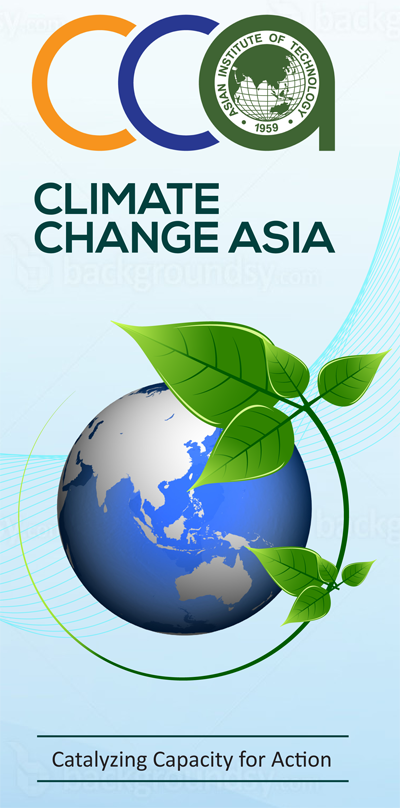Expert Pool
We have over 50 technical experts at AIT working on various aspects of climate change, as well as a number of external international specialists, who together form a well-knit and robust team.
AIT Experts (Partial list)
Surendra Shrestha
Vice President for Development, AIT
Strategic resource mobilization
Mukand S. Babel
Hydrology and climate change
Visvanathan Chettiyappan
Waste management
Sivanappan Kumar
Energy and climate change
Jayant Routray
Disaster risk reduction and management
Rajendra Shrestha
Agriculture, forestry, and other land use
Yousir Badir
Green innovation and technology management
Shobhakar Dhakal
Energy-Climate Policy, carbon markets and
finance, Cities and climate change
Vilas Nitivattananon
Urban infrastructural and systems management
Abdul Salam
Renewable energy and energy efficiency
Oleg Shipin
Ecological engineering for climate change adaptation
Ahmad Mokbul Morshed
Community development
Sangam Shrestha
Climate change impacts and adaptation
Osamu Mizuno
International cooperation for climate change mitigation and adaptation
Manzul Hazarika
Multi-hazard risk assessment
Brahmanand Mohanty
Resource-efficient buildings, industries and cities
Victor R. Shinde
Urban water, and climate technology transfer
Mara Mendes
Climate Change Mitigation
International Experts (Partial list)
Bindu Lohani
Global Head, Climate Change Practice, Centennial Group, USA
Former Vice President, ADB, Philippines
Peter King
Senior Policy Advisor, IGES, Thailand
Robert Dobias
Senior Advisor, USAID ADAPT Asia-Pacific Project
Thailand
Kevin Rolfe
Formerly at WHO, Air Quality Management
Formerly, the CEO of Environmental Services Australia
Member of the Oxford Round Table
Brian Baker
Former CEO, PIMCO Asia
Jeff McNeely
Formerly IUCN-Chief Scientist
Ram Shrestha
Formerly at AIT, Energy Economics and Planning
Prasad Modak
Executive President, Environmental Management Centre
LLP, India
T David Hodgkinson
Principal, Emerald Capital Partners, Singapore
Ely Ouano
former OIC-Director Environment Management Bureau
Philippines
Rao Y. Surampalli
President, CEO and Chief Technology Officer
Global Institute for Energy, Environment, and Sustainability, USA
Formerly at US EPA
Tae Yong Jung
Deputy Executive Director, Institute for Global Sustainability, Korea
Athena Ballesteros
Climate Finance Lead and Global Director, Sustainable Finance Center
World Resources Institute
Seng Chuan Tan
Regional Managing Director for Asia and the Pacific, Ramboll Environ
Formerly President of Institute of Engineers
Singapore

